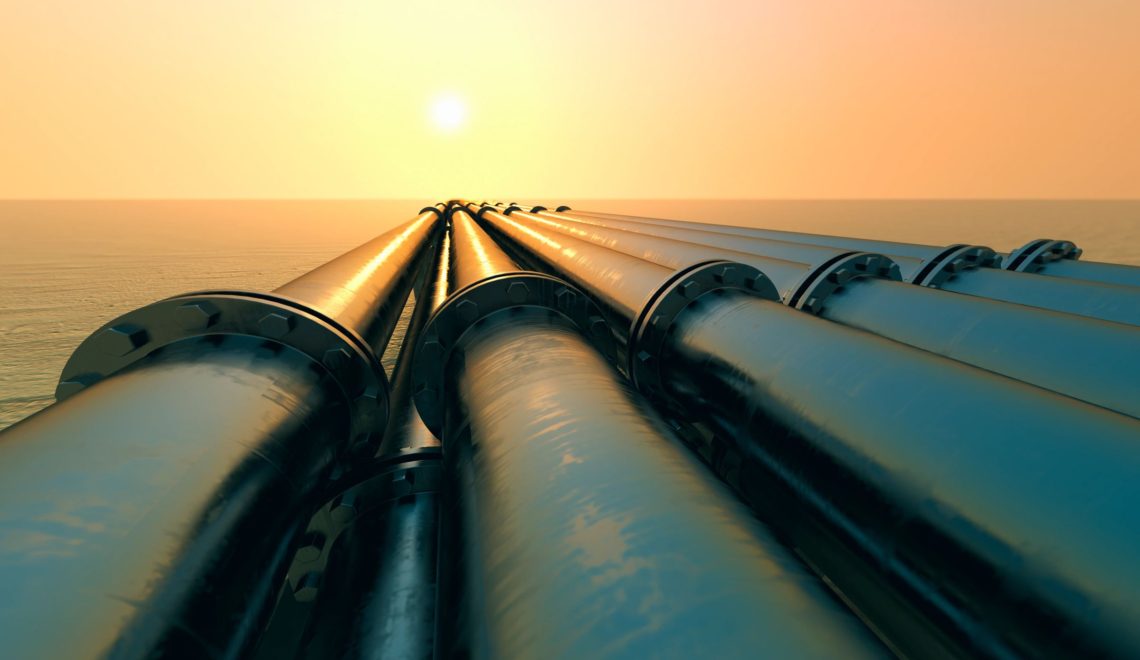By Bill Loveless
Oil prices, which hit a record $140 a barrel in 2008, could reach that level again within three years because of insufficient investments in exploration and production around the world, the professional services firm PwC warns in a new report.
“While we’re not in the business of predicting the price of oil, the foundation exists to suggest that oil prices could rise over the next three years, potentially hitting new record highs of $140 (a barrel),” PwC says in a report on U.S. oil and natural gas deals released July 26.
Oil producers have been reducing investments since 2015, a trend that continues today, causing “a pause” in exploration and development and “creating a lag in the development of new barrels,” PwC says.
“Looking ahead at the next five years, the shortage of supply is clear, yet the prevailing narrative is balanced fundamentals,” the report says.
A sign of that decline in investment is the “reserve replacement” for oil – a measure of the amount of proved reserves added to a company’s reserve base during the year relative to the amount of oil and gas produced – which PwC says stands at 30% today, well short of the 100% mark needed to maintain parity between production and exploration.
Global production requires at least 4 million additional barrels a day to account for declines in output from existing wells (about 3 million barrels a day) and growth in demand (about 1 million barrels a day), the report says.
Given the spare global production capacity available (about 8 million barrels a day), “the supply shortage can be seen three to five years out,” given declining investments, limited available capital and producers’ current focus on free cash flow from existing production, the report adds.
The PwC findings on declining oil investments and the possibility of insufficient supplies are consistent with those of other leading analysts of oil markets, including the International Energy Agency.
The potential for higher oil prices is also watched for its implications for the U.S. and other economies.
In a July 23 report, CNBC noted that the last five economic recessions all were preceded by spikes in oil prices.
Prior to the 2008 recession, the price of Brent crude rose to about $140 in June of that year, a month before U.S. prices for regular gasoline hit an average of $4.11 a gallon, CNBC recalled.
Oil prices also spiked just before the 1990 downturn, going from $15 in May to $40 in September, as Iraqi dictator Saddam Hussein invaded Kuwait.








